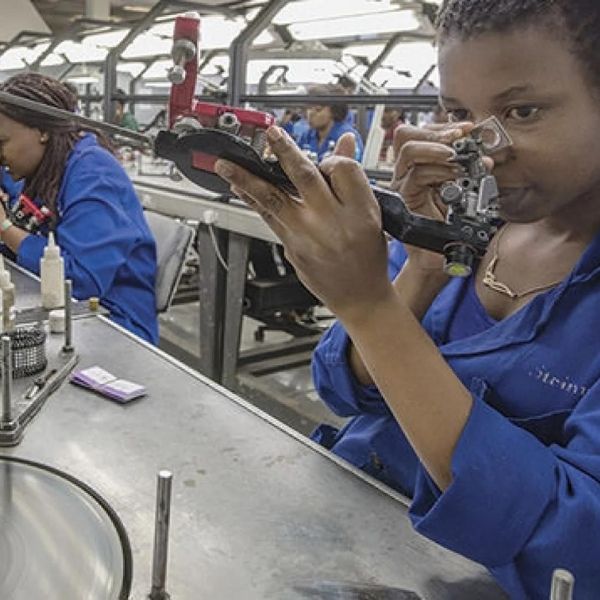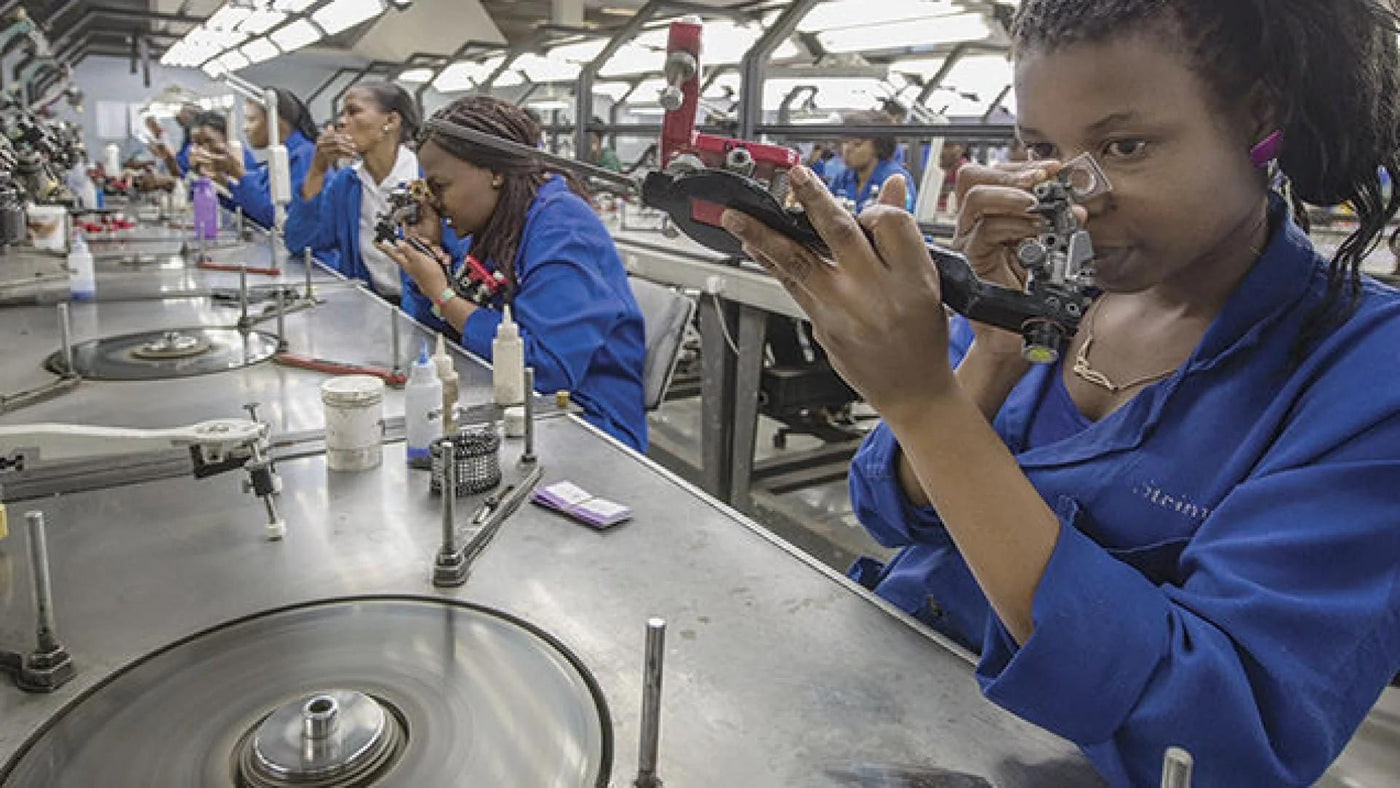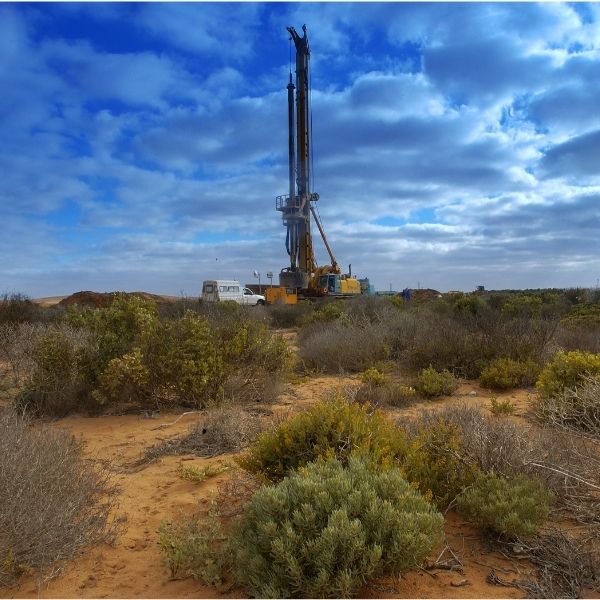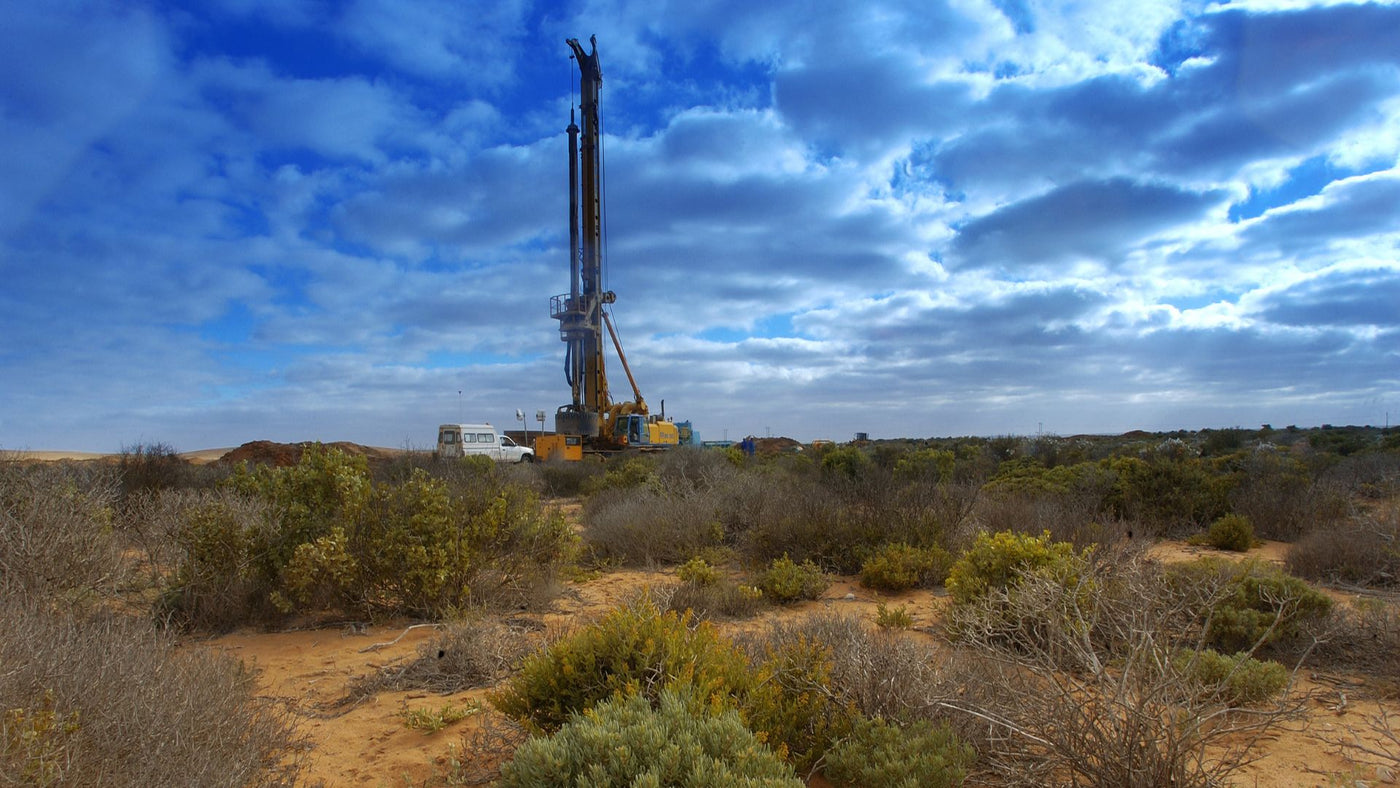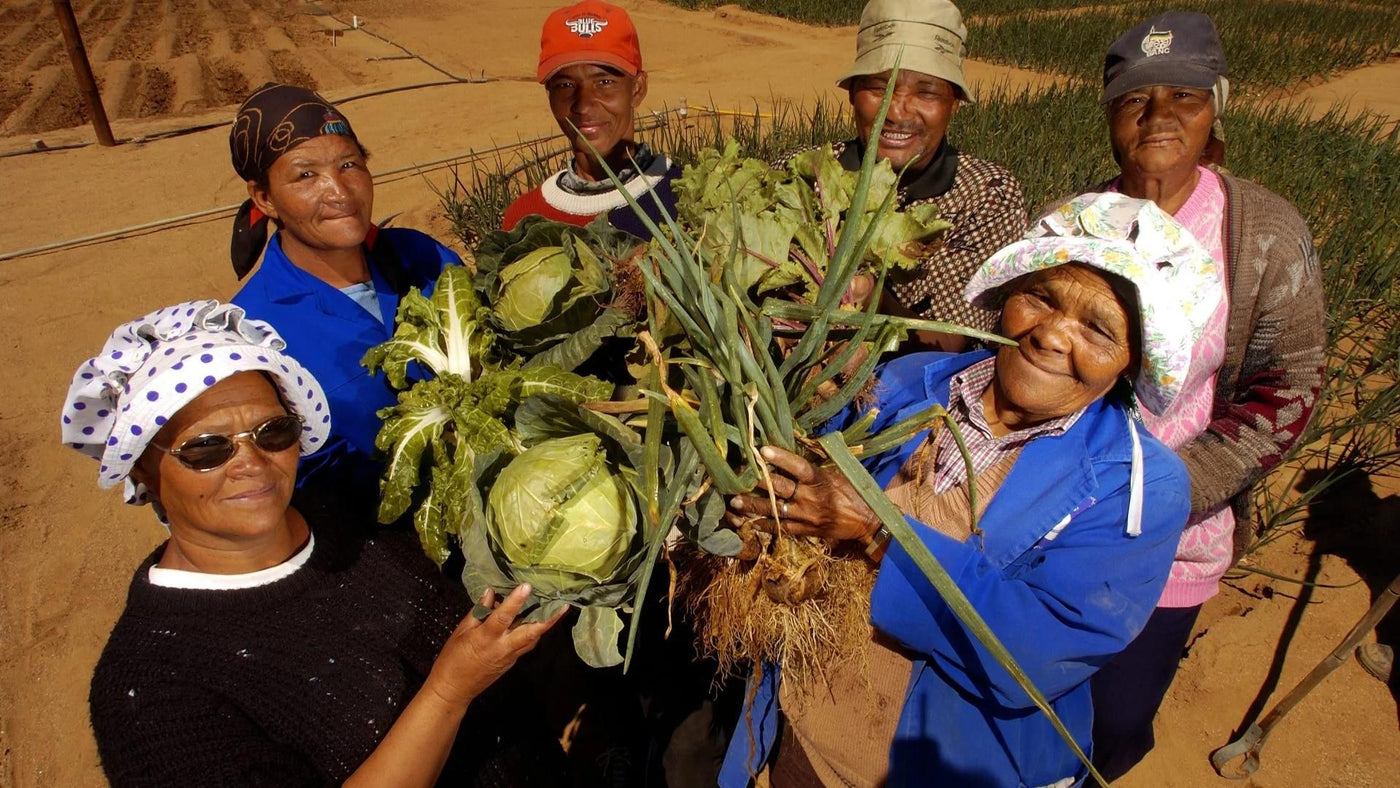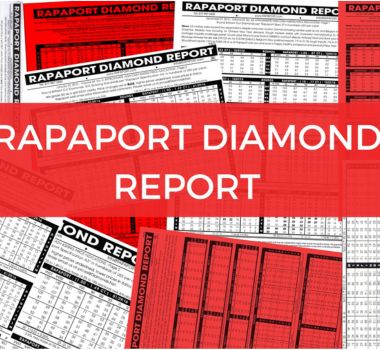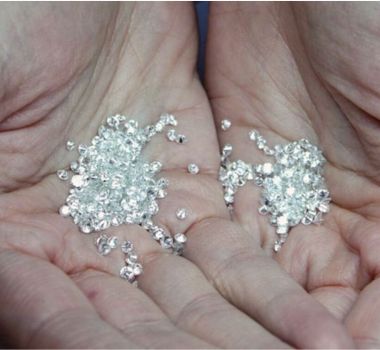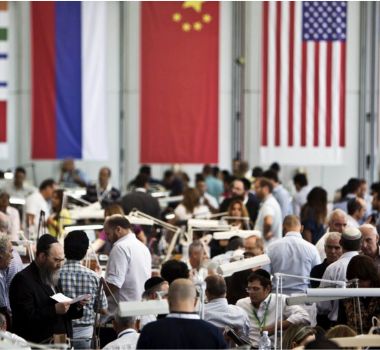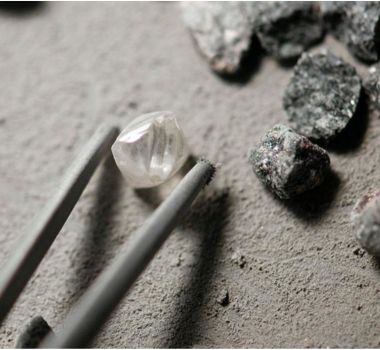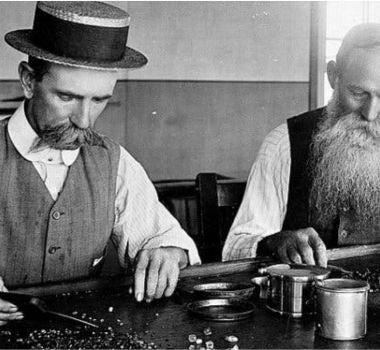
A Window on the Diamond Industry
Making the world a better place, one diamond at a time
There are many misconceptions around the natural diamond industry, as the progress made within this field is not widely understood. You see, millions of people around the world owe their livelihoods and wealth to diamonds. Because the diamond pipeline includes many steps, geological exploration to manufacturing, and eventually retail, important jobs must be done to help the process move along smoothly and bring these diamonds to market.
These include geologists, gemologists, civil engineers, marketing professionals, analysts, diamond polishers, drillers, economists, geo-statisticians, hydrologists, diamond dealers, and many more.
Below, we’ll explore the impact of the diamond industry on local economies, livelihood and the environment.
Diversity of Workforce
Diamond industry relies on many unique facets working together. The workforce is made up of the people from different backgrounds, cultures and with different skillsets. No matter their race, religion and ethnicity.
It brings together people of all ages, demographics and religions, be it the Christians, Muslims, Jews, Hindus or Buddhists, who work cohesively and peacefully across borders. Emirates, India, Israel, China, Russia, Europe, USA and Africa are working together. Such a rich diversity creates a stronger and more brilliant future for everyone involved.
The Diamond Industry impact on the economy
The natural diamond industry creates jobs in many developing nations and, by extension, bolsters their local economies.
Botswana, one of the poorest nations in the world, radically transformed into a middle-class country thanks to the discovery and mining of diamonds. Diamond revenues represent over 30% of the country’s GDP, which allows every child to now attend school for free until the age of 13.
Through joint forces, the government and operating diamond companies have ensured that the nation would continue to live in relative prosperity in a post diamond-based economy. Moreover, several diamond companies have established cutting and polishing plants in the country and Gemological Science International (GSI) has introduced a laboratory in the country, which trains and employs local workers. These important initiatives allow income to remain in Botswana.
Namibia is another such country. The diamond industry has produced over 19,000 jobs and significantly boosted the country’s income, making it one of the largest diamond-mining nations in the world, with Kimberley Process (KP) figures reporting more than $1 billion worth of annual diamond production.
In India, the same holds true. The diamond sector employs and provides a much-needed livelihood to over millions of Indians, and offers much needed funding to schools and hospitals.
Ethical Diamonds
Today’s consumers are discerning and purchasing diamonds based on sustainability, ethical business practices, and labour sourcing.
In 2003, the natural diamond industry collaborated with governments and NGOs to found the Kimberley Process (KP). The goal of the KP reports is to be transparent and show the stone’s journey from mine to market. This also ensures the industry’s ethical practices and prevents the flow of conflict diamonds or those that have been sold to finance war efforts.
Diamond’s Environmental Impact
From an environmental point of view, diamond mining leaves a minimal environmental footprint. In fact, the carbon footprint of a 1-ct polished, natural diamond is smaller than that of most similarly-sized synthetic diamonds. That said, many diamond mining companies are moving towards carbon-neutral status.
As you can see, the natural diamond industry creates jobs in many developing nations and, by extension, bolsters their local economies. Moreover, this industry heavily funds community programs and works closely with local governments to ensure environmentally safe practices are adhered to.
By purchasing earth-mined diamonds, consumers contribute to the economy and help improve the quality of life of the communities where the stones were sourced.
To learn more and to discover our array of diamonds, visit www.woodeex.com.






